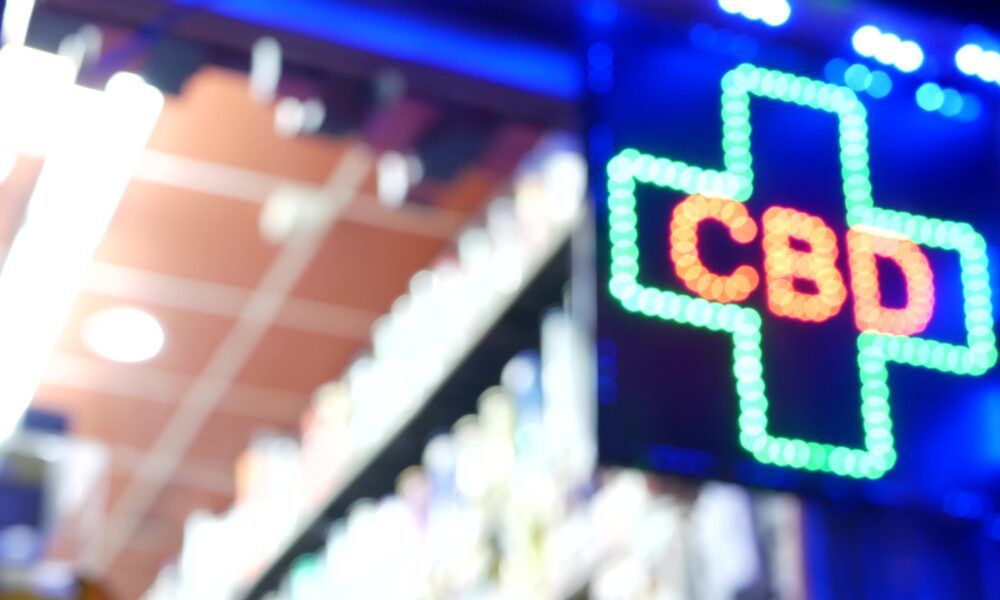Texas Gives Nod to Hempseed Feed for Horses and Chickens
News Provided By SLV Hemp | February 22, 2023
Landmark memorandums from The Office of the Texas State Chemist, issued in January 2023, set the stage for Hempseed Oil & Meal to go to market.
DEL NORTE, CO, UNITED STATES, February 16, 2023 /EINPresswire.com/ — Texas became the third state to approve Hempseed Oil and Hempseed Meal as feed, launching what is expected to become a highly lucrative market segment for hemp growers, processors, distributors, and retail channels.

“The hemp seeds when made into feeds, support animal health with a naturally available plant-based protein that includes all 20 amino acids, plus Omega 3, 6, 9 & GLA fatty acids,” says Monte Robertson, owner of SLV Hemp in Colorado. “We’re honored to supply hempseed feed over the years to support the research trials for rabbits, horses, chickens, and rough stock bucking bulls at Tarleton State University (TSU) and the swine trials at Texas A & M University (A&M) that prove it. This historic decision in Texas will help unlock many large markets – paving the way for wider use of hempseed feeds in the US and throughout the world.”
In the Feed and Fertilizer Control Services (FFCS) Memorandum NO. 5-35 and FFCS Memorandum NO. 5-36, Hempseed Oil and Hempseed Meal, Mechanically Extracted, are the new ingredients approved in Texas as source nutrients in the diets of foals, mares, breeding and maintenance horses as well as for broilers, layers and breeder chickens.
The important FFCS memorandums are expected to accelerate the adoption of both these ingredients. Tests to define labeling, stability and shelf-life of these products are moving forward.
Graduate students from TSU and Texas A&M University started looking at Hemp Feed products from SLV Hemp to support their trials in the summer of 2020. It took a wide range of people and companies contributing over the years to make this approval happen.
The Colorado certified seed for the trials was donated by International Hemp, and was processed by SLV Hemp in Del Norte, Colorado. SLV Hemp has processed approximately 10 tons of finished products for the Texas universities’ trials to date. It is important to note the feed is made from well-cleaned Hemp seeds, not the greenery part of the plant that contains the higher levels of cannabinoids.
LMike Smith, a former rodeo professional and current Texas Realtor, generously contributed by making introductions between key researchers and hemp industry resources. To assist in reducing transportation costs and avoid delays, Smith also transported the processed Hemp Feed from Colorado to Texas for the A&M and some of the TSU trials.
“Our goal is to help educate the ag industry and expand availability of hemp feed processing plants for local markets across the country,” says Robertson. “We are genuinely excited about the ground-breaking progress by the universities in Texas.”
For more information contact: Monte Robertson, SLV Hemp, [email protected] , (719) 299-5000
#HempFeed #HempSeedProcessing #HempOil
About the Office of the Texas State Chemist
The Texas Feed and Fertilizer Control Services (FFCS) of the Office of the Texas State Chemist regulates the manufacture, distribution and sale of feed ingredients and feed. Texas Commercial Feed Control Act §141.008 authorizes to FFCS approve new ingredient definitions for hemp in commercial feed: Hempseed Meal and Hempseed Oil, Mechanically Extracted, are new ingredients for use as a source of nutrients in the diets of foal, mare, breeding and maintenance horses and for broiler, layer and breeder chickens.

About SLV Hemp
The San Luis Valley Hemp Company® (SLV Hemp ) specializes in processing Hemp feed and oil products at their facility in Del Norte, Colorado. They advocate education in all aspects of the Hemp industry, and provide consulting based on lessons learned since 2014.
About International Hemp
International Hemp provides certified seed and cultivation advise to farmers across the country interested in growing Hemp for both the grain and fiber markets.
Press Contact: Monte Robertson, SLV Hemp, [email protected] , (719) 299-5000
Monte Robertson
SLV Hemp
+1 719-299-5000












































